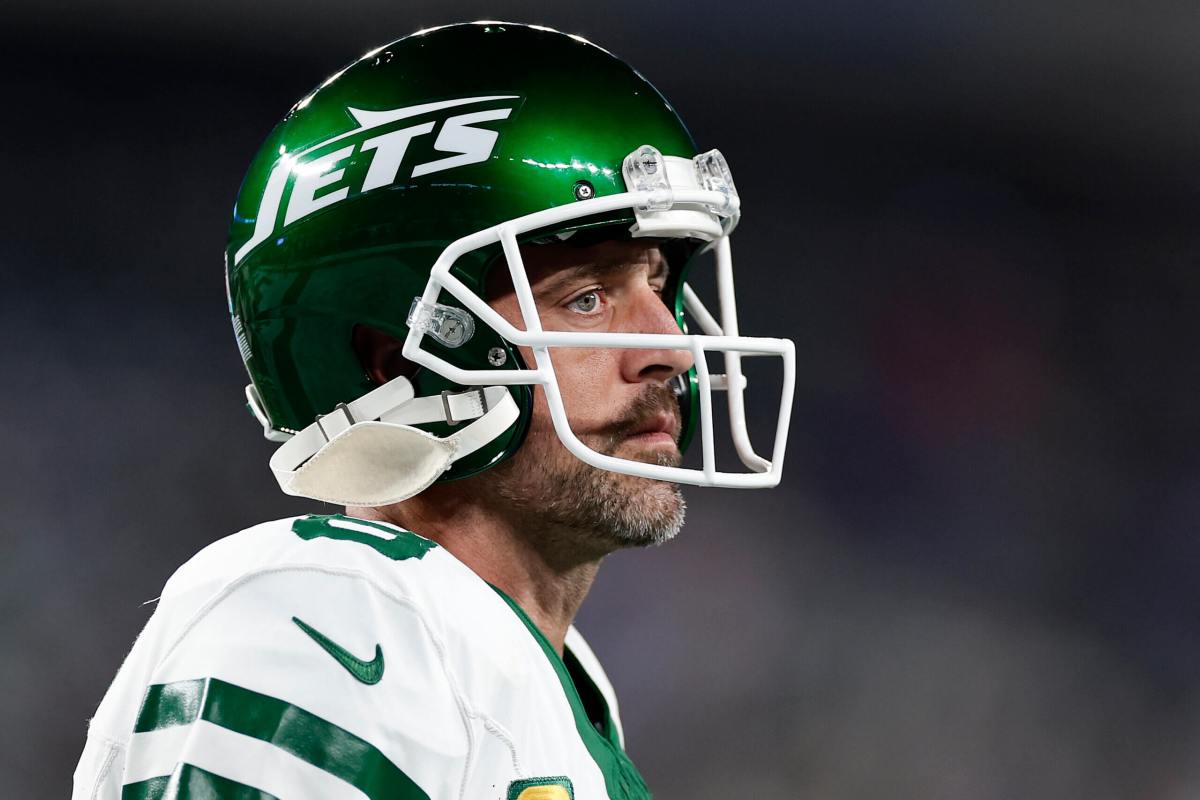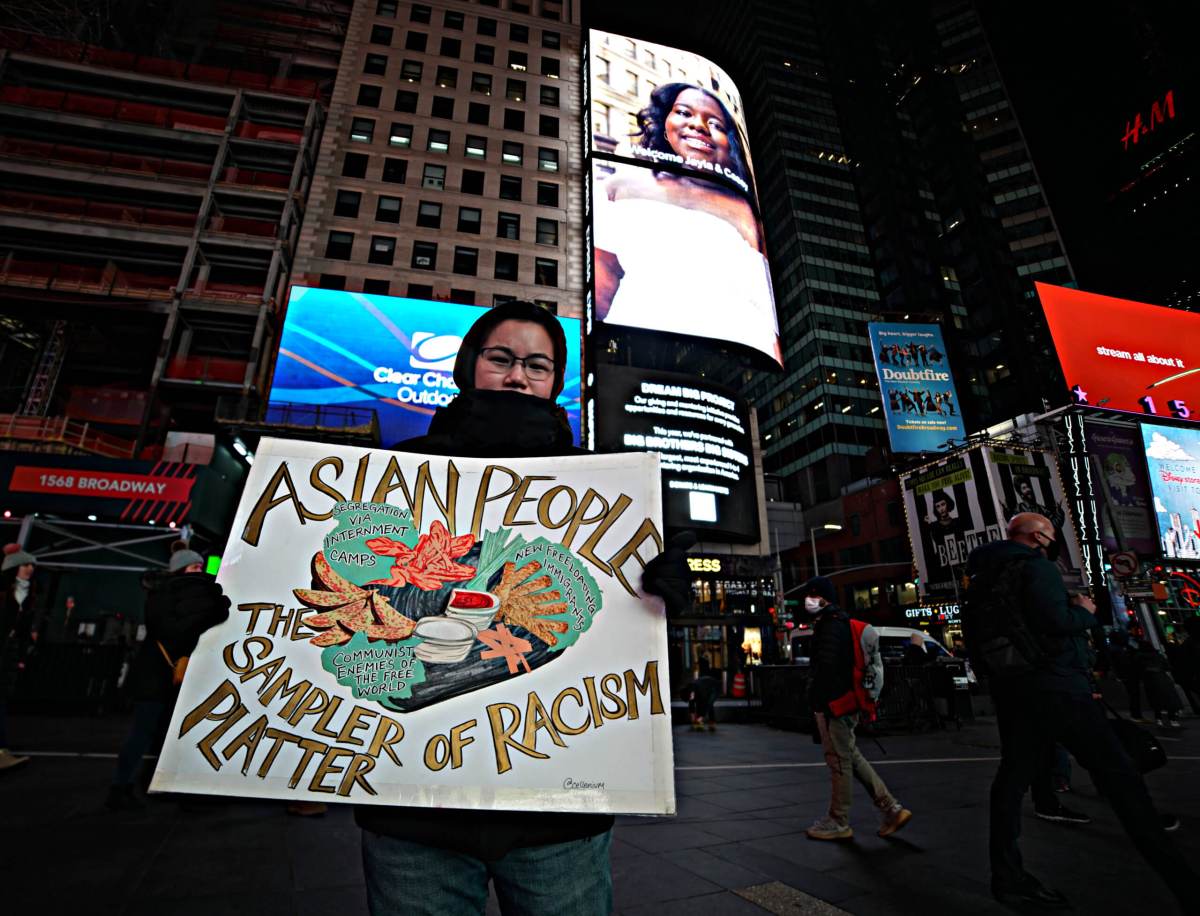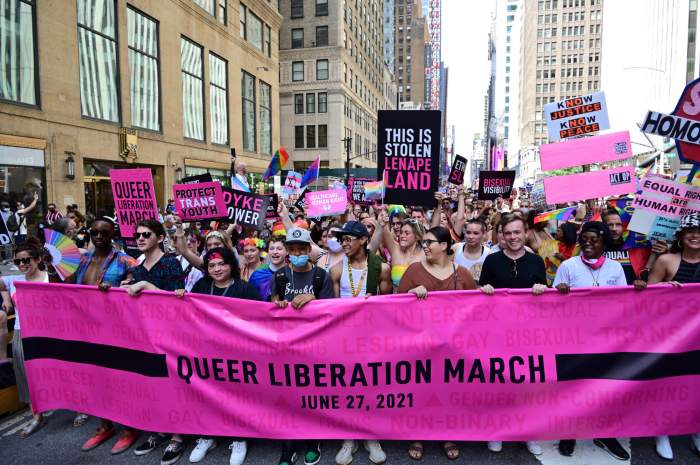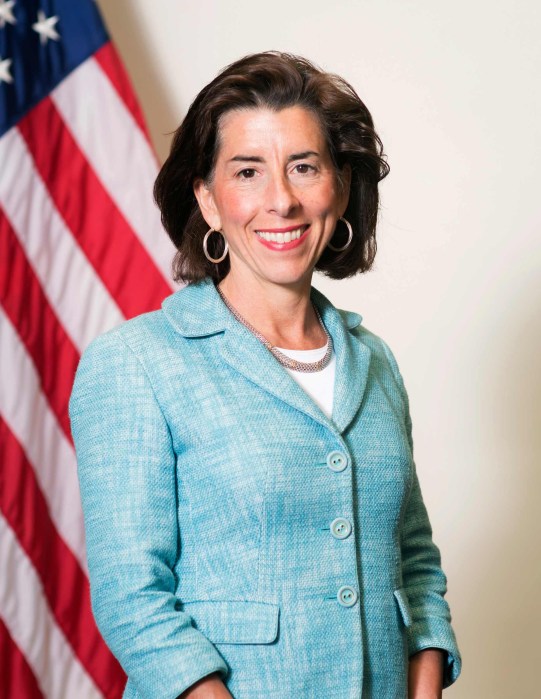 There’s been a whole lotta winnin’ at Gillette Stadium. (Getty Images)
There’s been a whole lotta winnin’ at Gillette Stadium. (Getty Images)
After taking two games at Yankees Stadium, the Red Sox are on the fast track to a perfect season (Hey! Go with it!). With the team set to open their season at Fenway next Monday, I thought it would be fun to rank each of the home advantages the Big Four teams in Boston have.
1. Boston Celtics
I covered the Boston Celtics last year as a beat reporter for WEEI.com. A great team. Gutty. Resilient. Passionate. All of that. I took an assignment for Boston.com to cover the Bonnaroo Music Festival in Tennessee, thinking the Celtics wouldn’t make it to the Eastern Conference Finals. Thinking I would be on a flight from Tennessee to Oklahoma City, I left feeling good about the opportunity to cover my first NBA Finals. Then LeBron James happened. I missed James’ virtuoso Game 6 performance in Boston to tie the series. And to this day, it is one of my biggest sports regrets.
The impressive thing about LeBron that night was how he went into the Garden and took the faithful’s heart away. A great moment, for a great player. I have no idea how he did it. Because for all the conversation about the C’s lackluster regular seasons in recent years, the team still holds the biggest homecourt advantage in Boston sports. And really, it’s not even close.
For rabid sports fans, basketball is inherently the easiest game to impact. The players are close to the stands. Chants are audible (my favorite was the time a drunken group of Celtics fans started chanting “UG-LY SIS-TER” to Lamar Odom in reference to Khloe Kardashian). Every facial expression and emotion is palpable because they’re wearing minimal equipment. Coaches go visibly crazy on the sidelines as tensions heighten, leading you to easily read into huddle demeanor. And more often than not, NBA referees get intimidated and absolutely pander to home crowds. Of course what happens on the floor still reigns supreme, but you can visibly watch a road team fall apart on the hardwood floor. I’ve seen it happen. And I’ve seen it happen in what the Celtics players call “The Jungle” many times.
In the Kevin Garnett era, the Celtics are 176-57 in regular season home games at the Garden. Now, it goes without saying, the 2012-13 iteration of the Celtics are not the same KG-era Celtics that we’ll remember down the road. The first season when The New Big Three won their lone title, the team was unbeatable at home, going 35-6. And we forget this, but the following season (the team Brian Scalabrine has oft-said was better than the championship team) the Celtics started 27-2 and looked prime for another run in June. You know the story, though, Garnett goes down with a mysterious injury that later turned into a lost season, and the Celtics (rather admirably) bowed out in the second round to the Magic.
Since that season, everything has been a struggle. The players got older, other teams got better, but you still get a sense the Celts use their crowd as fuel to carry them through. And unlike the Patriots or Bruins, where the team is good with or without home cooking, the C’s have relied heavily on The Jungle, mainly because they were inept on the road in this era. Keep in mind, while the team is 38-10 in home playoff games in the KG era, they are only 16-29 on the road. Crazy, right? Remember, this was a team that went 3-9 on the road in the postseason en route to their 2007-08 title. I mean, they didn’t even win their first road game until the Eastern Conference Finals that year. This combination of dependence and potential impact gives the Celtics the biggest home edge in Boston sports.
2. New England Patriots
The overall body of work suggests the Patriots hold the strongest homefield advantage in Boston sports, playing in the friendly confines of Gillette Stadium. A road team winning in Foxboro in the Tom Brady era is a big deal, so much so that I’m willing to bet teams point to the victory as a sign of growth. That says more about the Patriots than their opponents, and it’s precisely why it was so alarming when the Arizona Cardinals, led by the underwhelming Kevin Kolb, defeated Brady and the Pats on Troy Brown Day in the Patriots’ home opener last season.
Consider the following: Since 2003, a year removed from their first Super Bowl win and the year they really began resembling the consistent juggernaut they are today, New England is 68-12 in the regular season. An impressive run. And that’s great, but the mystique of Foxboro has worn off in recent years; especially in the playoffs. Since ’01, the Patriots are 11-3 in postseason home games, but after Brady returned from his leg injury, which cost him nearly all of 2008, New England is hardly impenetrable in late January, boasting a 3-3 record.
Still, considering the inordinate amount of success, it was tough to place the Patriots second on this list. The real reason the Patriots fall behind the Celtics in this list is to no fault of their own. Their gaudy numbers on paper have more to do with the league than Gillette. As previously mentioned the Patriots are 68-12 at home since 2003. In that same span, the Steelers are 58-22 and Ravens are 63-17. The difference is there, but it’s not overstated. And let’s not forget, in that time-frame the Patriots are 58-22 on the road. Not too shabby. Again, the Patriots are great, but they’d be great if they played in Topeka, Kan.
A bigger problem is that the digs in Foxboro are more like Yawkey Way than people realize. Both venues pride itself on the combination of sports, entertainment and, I don’t know, capitalism … I guess? The difference – and this is extremely important — is the pretense of each organization’s priorities. With the Patriots, winning is everything. Recent scandals within the Red Sox organization suggest otherwise.
But let’s not digress, aesthetically speaking, Gillette lacks all the hallmarks that make for a great homefield advantage, the biggest being the open-ended end zones don’t hold in crowd noise. There’s also this: One of my ex-girlfriends had season tickets in the premium section. I can tell you from firsthand experience, there are some huge issues with the clientele. It’s a chore to get anyone interested in firing up the noise on third down; way too many people asking those around them to sit down; and wives talking about what they want to dress their kid as for Halloween.
In the end, considering the road success and actual in-game experience, the homefield advantage has very little to do with the passionate fanbase, and instead rests with the talent on the Patriots and brains behind the operation.
3. Boston Bruins
I’ve written this before, but the Bruins have reached a zenith in sports, if you will: They are made up of a slew of players entering (or in) their primes, getting better (not worse), and set up to be a contender for the foreseeable future. Basically, the B’s are the Oklahoma City Thunder of the NHL, except they’ve already hoisted a Stanley Cup. They’ve cashed in and are looking for more – meaning this era of Boston hockey will be looked at fondly.
Many subscribed to the theory that the 17th NHL lockout in four years (slight exaggeration) would hurt the B’s momentum. That was never going to happen, though, because hockey junkies are who they are, despite the failures of the NHLPA and the league’s owners. Junkies can’t get enough of hockey. They know what channel NBC Sports Network is on their cable television box; know that John Buccigross, not Barry Melrose, is their lone ally at ESPN; and that Doc Emrick may be the best play-by-play announcer in any sport in the entire world. It’s more than that, isn’t it?
Hockey junkies were brought up to be, well, hockey junkies. Their grandfathers played. Their fathers played. They played. And now, they drive their children to rinks on Route 1 at 5 am on weekday mornings for practice. Commissioner Gary Bettman’s ineptitude isn’t stopping hockey from retaining its core base. And the fact that the Bruins have found the aforementioned sports nirvana doesn’t hurt the healing process either.
All that said, the B’s being ranked this low has nothing to do with the crowd (fantastic) or the players (ditto). By nature, out of all of the sports, hockey holds a smaller advantage from being home. On one hand, you can’t tell me there isn’t pressure on a road team trying to kill off a power play, in a playoff game, with the crowd going crazy. It exists. And look, in 2011, there was no way the Canucks were beating the Bruins in the Stanley Cup Finals at the Garden. None. Not after the biting incident between Patrice Bergeron (probably one of the most respected players in the NHL) and Alex Burrows (not close to Bergeron’s stature). Not after Nathan Horton was brutally concussed in the open ice in Game 3. Not after the remarkable run the team had to get to that point. Just wasn’t happening. So there’s that.
But generally speaking, hockey’s fickle nature precludes any real home ice advantage. It doesn’t matter how amped up the crowd gets – and to their credit, they try – one bad bounce and everything is changed. The reverse happens: the home ice jitters. Players get tighter, the crowd gets noticeably quiet, the other team starts hitting harder. That’s just hockey. Look at how many eight seeds have upset the top team in the conference over the years . Last year alone, in their opening series loss to the Capitals, the Bruins blew three of their four games at the Garden.
4. Boston Red Sox
$439.
That was the going rate to see the 2010 home opener of our lovable “Dirt Dogs,” the Boston Red Sox.
$230.
That is the current bidding rate for fans to see Boston open up this year’s campaign next Monday afternoon at Fenway Park. The reason for the drastic change has something to do with this edition of The Boys of Summer entering what appears to be a bridge year; being comprised of “likable,” but less talented players, in lieu of the bloated contracts that have distorted expectations and, perhaps more discouraging, spawned a myriad of complaints from media and fans alike about the team’s misplaced sense of entitlement and lack of responsibly, accountability, or remorse for shortcomings.
Oh, and it also ruined any semblance of homefield advantage. Because it starts there, really. Pricing out the diehards never made sense. Fenway was once filled with fans who loved sports and whose everyday mood could be directly correlated to the victories and losses and triumphs and failures of the Sox. This was a franchise with full generations of fans that not only never saw a title, but consistently lost in excruciating fashion.
With prices set so high, contemporary crowds are often using Fenway as a venue to hold business meetings or impress a girl who is more interested in taking “selfies” than in the evolution of Jackie Bradley Jr. Alas, the Red Sox hold a maligned sellout streak of 793-games at Fenway Park that you, me, my 8-year-old niece, her friend, Deval Patrick, Whitey Bulger, and the Wally the Green Monster himself are well aware isn’t really a sellout streak.
Why the farce? Well, to drive up prices and maintain a perception of success, I suppose. But from a public relations viewpoint, the only thing worse than a farce is a farce which everyone acknowledges exists. You can sell beer and hot dogs cheaper to combat the image crisis, but the 2013 apology tour that is the Red Sox season has to rank the franchise as having the worst homefield advantage in Boston sports.
Follow Ryan Hadfield on Twitter @Hadfield__





















